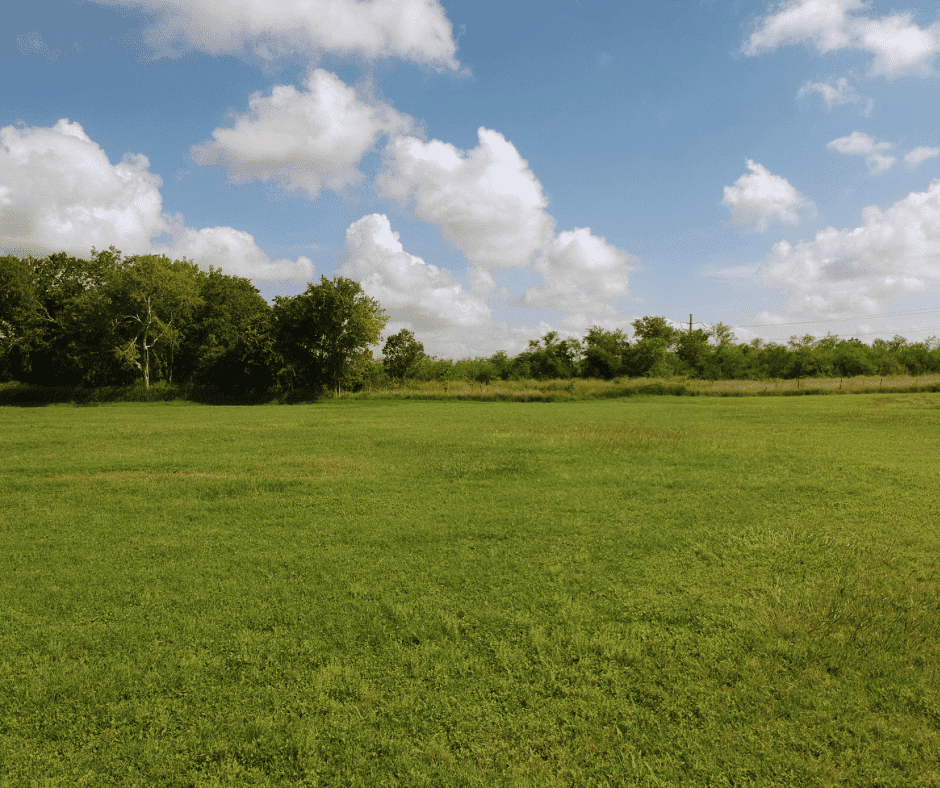
February is a time often associated with love and affection, however, let’s redirect our focus to a love that begins from within, self-love through health, nutrition, and wellness.
As reports unveil the concerning impact of polluted air on respiratory well-being, it becomes imperative to not only acknowledge the issue but also arm ourselves with the tools of good nutrition, fitness, and wellness.
Air Pollution and Respiratory Health
Recent studies have revealed the truth about quality air. The air we breathe is often laden with pollutants that can pose problems to our respiratory systems. Particulate matter, nitrogen dioxide, and volatile organic compounds can contribute to a range of respiratory problems, from irritating coughs to more severe conditions like asthma and chronic obstructive pulmonary disease (COPD). Proactive steps are needed to safeguard our lungs from this invisible foe head
Nutrition as a Shield
Empower your body with the right nutrients to combat the effects of air pollution. Antioxidant-rich foods such as berries, leafy greens, seeds and nuts can help neutralize free radicals generated by pollutants. Omega-3 fatty acids, found in fish, flaxseeds, and walnuts, possess anti-inflammatory properties, aiding in the fight against respiratory inflammation. A well-balanced diet, rich in vitamins and minerals, strengthens the immune system, offering a robust defense against the harmful effects of polluted air.
Fitness as a Respiratory Weld
Regular physical activity not only enhances cardiovascular fitness but also strengthens the respiratory system. Exercise improves lung capacity and promotes efficient oxygen exchange. Despite outdoor air quality concerns, consider indoor workouts or activities at green spaces. Yoga and deep-breathing exercises can further fortify the respiratory muscles, providing a natural defense mechanism against the onslaught of polluted air.
Wellness Practices to Cleanse the Mind and Body
Adopting holistic wellness practices can play a pivotal role in mitigating the impact of air pollution. Stress reduction through techniques like meditation and mindfulness can contribute to better respiratory health. Adequate sleep supports overall well-being and aids the body in repairing and rejuvenating itself. Hydration is key, as it helps flush out toxins and keeps the respiratory passages moist and effective.
Creating Indoor Sanctuaries
While outdoor air quality may be beyond our control, we can enhance indoor air quality. Use air purifiers, keep indoor plants known for air purification, and avoid smoking indoors. Ensuring proper ventilation and minimizing the use of chemical-laden household products contribute to creating a cleaner, healthier indoor environment.
Self-Care, Warmth, and Wellness
In the face of harsh weather, self-care becomes the ultimate shield. Sip on hot herbal teas and water, indulge in warm baths, and create a cozy sanctuary at home and work space. Recognize that self-care is not just a luxury, however a necessity for mental and physical well-being.
As the winds of change carry polluted air, let us respond with resilience and a commitment to individual well-being. By fortifying our bodies with the right nutrition, embracing fitness for respiratory strength, and practicing holistic wellness, we can stand resilient in the face of environmental challenges.
Together, let’s breathe easy and pave the way for a healthier, cleaner future where our respiratory systems thrive amidst the challenges of the air we breathe.
References
Bălă, G.-P., Râjnoveanu, R.-M., Tudorache, E., Motișan, R., & Oancea, C. (2021). Air pollution exposure—the (in)visible risk factor for respiratory diseases. Environmental Science and Pollution Research, 28. https://doi.org/10.1007/s11356-021-13208-x
Engineer, A., Gualano, R. J., Crocker, R. L., Smith, J. L., Maizes, V., Weil, A., & Sternberg, E. M. (2021). An integrative health framework for wellbeing in the built environment. Building and Environment, 205, 108253. https://doi.org/10.1016/j.buildenv.2021.108253
Maio, S., Sarno, G., Tagliaferro, S., Pirona, F., Stanisci, I., Baldacci, S., & Viegi, G. (2023). Outdoor air pollution and respiratory health. The International Journal of Tuberculosis and Lung Disease, 27(1), 7–12. https://doi.org/10.5588/ijtld.22.0249
Péter, S., Holguin, F., Wood, L., Clougherty, J., Raederstorff, D., Antal, M., Weber, P., & Eggersdorfer, M. (2015). Nutritional Solutions to Reduce Risks of Negative Health Impacts of Air Pollution. Nutrients, 7(12), 10398–10416. https://doi.org/10.3390/nu7125539
Sweileh, W. M., Al-Jabi, S. W., Zyoud, S. H., & Sawalha, A. F. (2018). Outdoor air pollution and respiratory health: a bibliometric analysis of publications in peer-reviewed journals (1900 – 2017). Multidisciplinary Respiratory Medicine, 13(1). https://doi.org/10.1186/s40248-018-0128-5
Explore our website for more valuable insights, practical tips, and delicious recipes to support your journey toward a healthier and happier you!

Join Weight Goals with Aba’s WhatsApp community and gain exclusive access to our hub of articles and recipes. Be part of a supportive community, receive valuable insights, and stay up-to-date with the latest in nutrition, fitness, lifestyle, and medicine. Elevate your weight goals journey by joining us today.

Talk to Aba